Such is the history between the two great clubs of Real Madrid and Barcelona and the quality of the players on both sides that fans are willing to pay close to £2000 just to get into the stadium to watch them in action.
Their 21st November clash is just the latest installment of this great rivalry, as the likes of Cristiano Ronaldo and Leo Messi get ready to entertain the crowds, with a global television audience of hundreds of millions and with fans flying in from 38 countries around the world to attend the match.
According to Madrid based online ticket platform Ticketbis.net the least expensive tickets for the match on the open market are going for £237.41 whilst the highest price they have seen paid so far for the first ‘Clásico’ of the current Spanish league season is £1890.
Ahead of the game, Ander Michelena, CEO of Ticketbis, said, “We’ve seen massive interest in this match again, with fans buying tickets for Saturday’s game from all over the world including people from Japan, South Korea, Australia, North and South America and all over Europe. American and British fans love El Clasico and as well as being the biggest club match in the world it’s also the most expensive to attend.”
The average ticket resale price for the Madrid vs Barça is £616 as the 10 times European Champions host the current kings of Europe.
Barcelona and their ‘Culés’ head into the match at the top of La Liga by a three point match and are set to welcome Messi back into their ranks after a recent injury layoff. Madrid’s ‘Merengues’ will be hoping that their talisman Ronaldo will get the better of his Argentine rival at the Santiago Bernabéu stadium.
Real Madrid and Barcelona are of course the two best teams in Spain and they are also considered to be two of the best clubs in the world.
Real are said to be the richest football club in the world, bringing in hundreds of millions of pounds a year, whilst Barcelona also have a huge global following and both teams are hugely important to the Spanish economy.
Messi alone is said to earn nearly £50m a year himself, through his massive salary at Barcelona plus a string of lucrative sponsorship deals. Ronaldo, or CR7 as he is otherwise known, is a similarly unstoppable marketing machine.
In terms of international appeal fans from the UK are amongst those with the most hunger to get into the ground for the showdown, with 9% of resold tickets being snapped up by Brits, just behind the USA (9.1%) and just ahead of South Korea (7.9%) in terms of percentage of overseas tickets sales.
Ticketbis also calculate that of the 50 most expensive individual games in the top six European football leagues 20% of the matches have been previous clashes between Real Madrid and Barcelona.
Let battle commence!

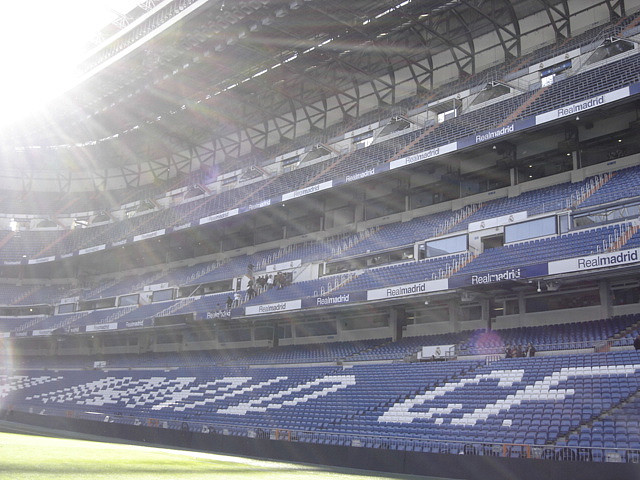
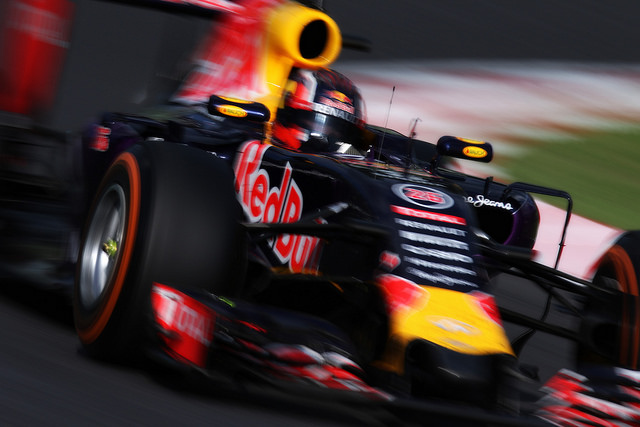

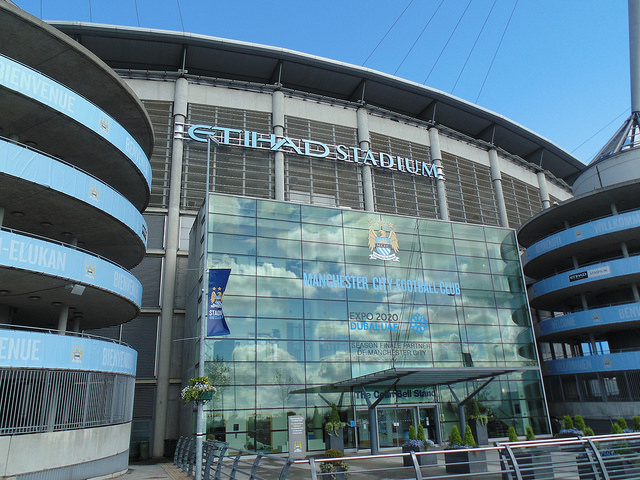

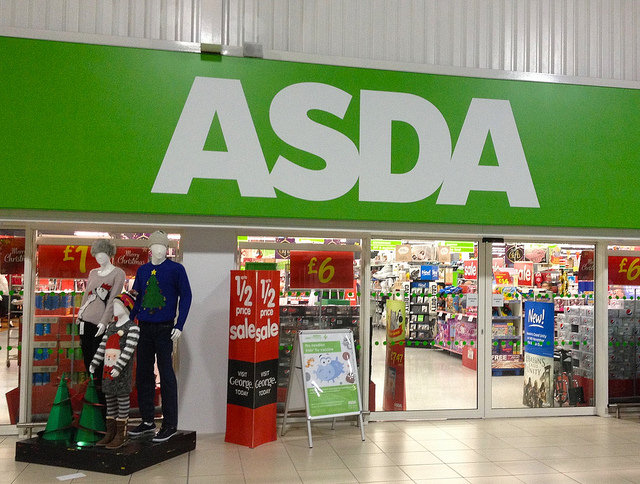


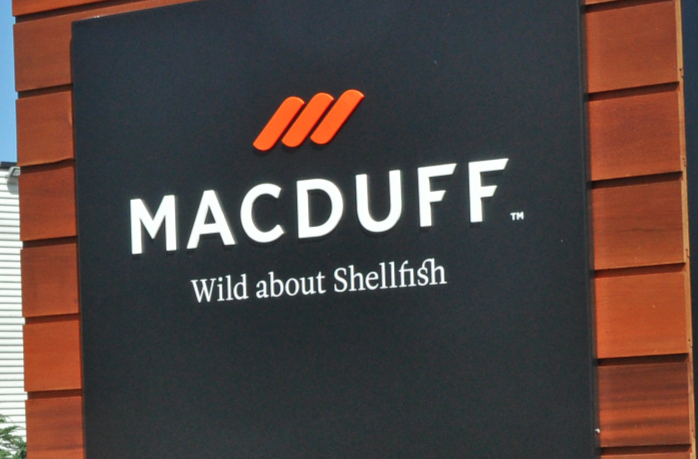


 Bitcoin
Bitcoin  Ethereum
Ethereum  Tether
Tether  XRP
XRP  Solana
Solana  USDC
USDC  Cardano
Cardano  Lido Staked Ether
Lido Staked Ether  TRON
TRON  Avalanche
Avalanche  Toncoin
Toncoin